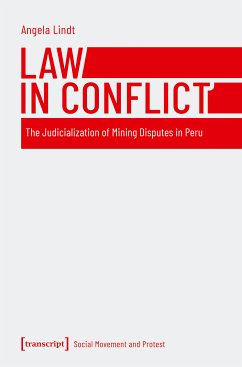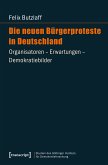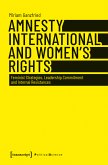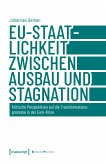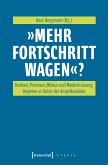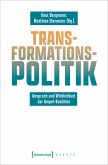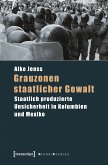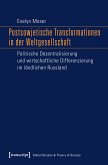Peru's industrial mining sector is highly conflictual and characterized by social disputes. Many of these conflicts are fought not only in politics but also in the courts, as activists attempt to hold corporate and state actors liable for human rights violations. At the same time, they face an increasing criminalization of their protests. Law is thus both an emancipatory tool for activists to access justice and an instrument for political and economic elites to prevent social change. Based on ethnographic field work, Angela Lindt sheds light on various mining disputes in Cajamarca and Piura and examines the role of law in resolving these conflicts.
Dieser Download kann aus rechtlichen Gründen nur mit Rechnungsadresse in A, D ausgeliefert werden.

